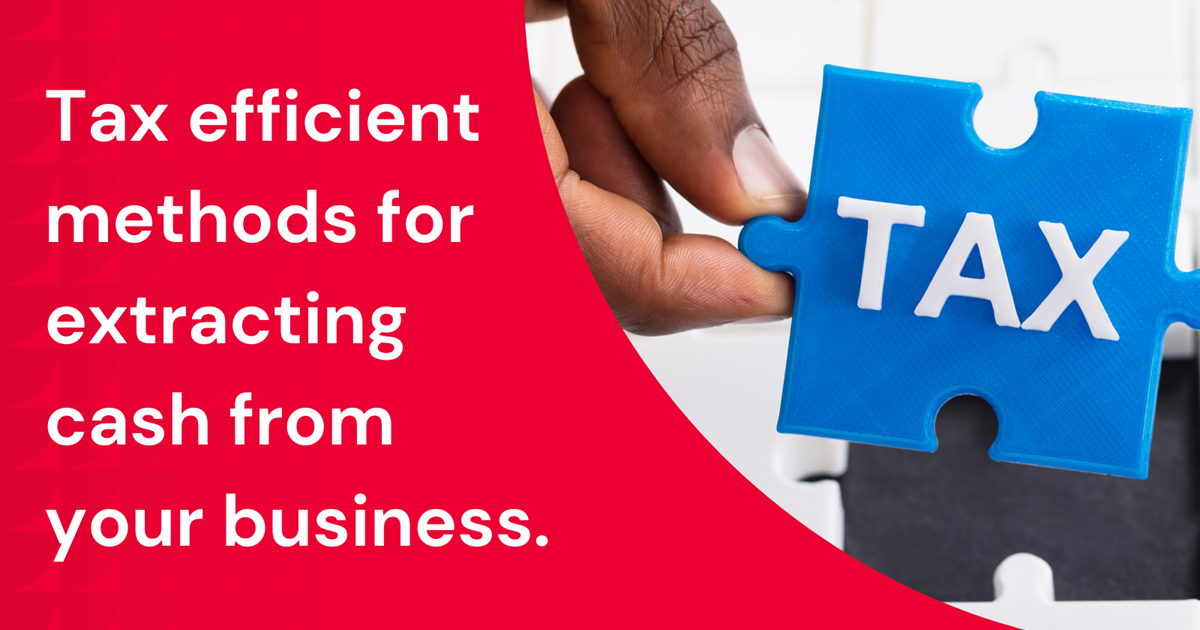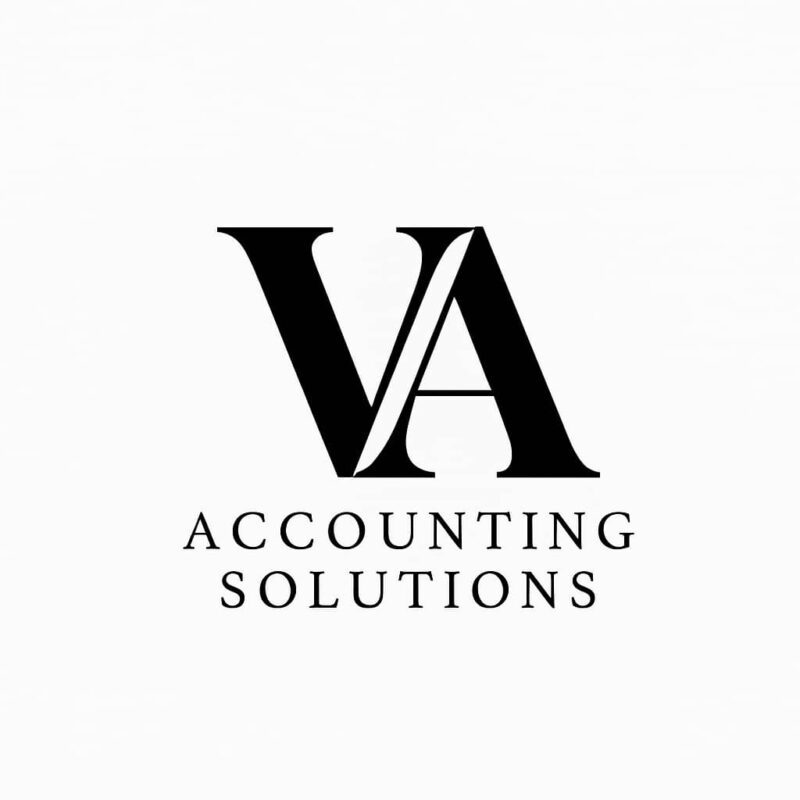When it comes to extracting money from your company, a common approach is to take a small salary and the balance via dividend.
Usually, company owners are advised to take a salary equal to the personal allowance, with the rest drawn as dividends. However, this isn’t always the most tax-efficient method.
In the UK, determining the most tax-efficient salary for business owners requires a strategic balance between maximizing take-home pay and minimizing tax liabilities. For the 2024/25 tax year, understanding the interplay between salary, National Insurance contributions, and corporation tax relief is crucial for optimizing financial outcomes.
The selection between two different annual salary figures—£12,570 and £9,100—each under specific National Insurance thresholds, presents a nuanced decision for UK business owners. These thresholds are critical in planning the most advantageous salary strategy to leverage available tax efficiencies effectively.

The following analysis elucidates why a salary of £12,570, despite triggering an employer’s National Insurance (NI) charge, generally offers greater overall tax efficiency compared to a lower salary of £9,100, which incurs no NI. The analysis here integrates the current tax rates and thresholds for the 2024/25 tax year to provide a clear perspective.

Scenario 1: Salary at £12,570
Income Tax: £0, as it is equal to the personal allowance.
Employer NI: The difference between £12,570 and the Lower Earnings Limit (LEL) of £9,100 is £3,470. At an NI rate of 13.8%, this results in an NI cost of £479.
Corporation Tax Relief
On extra salary: £3,470 × 19% = £659
On employer’s NI: £479 × 19% = £91
Total Corporation Tax Relief: £750
The corporation tax relief of £750 on the additional salary and NI significantly outweighs the NI cost of £479, resulting in a net tax benefit of £271.
Scenario 2: Salary at £9,100
Income Tax: £0, as it is below the personal allowance.
Employer NI: £0, as it is below the threshold for employer NI contributions.
Corporation Tax Relief: £9,100 × 19% = £1,729
While the lower salary avoids NI, the lesser amount of corporation tax relief compared to the first scenario renders it less advantageous overall.
Comparative Analysis:
The above comparison vividly illustrates that although a salary of £12,570 incurs employer NI, the enhanced corporation tax relief not only covers this cost but also provides additional tax benefits. Importantly, this calculation assumes a corporation tax rate of 19%. With an increased marginal rate, the net savings become even more pronounced. At 26.5%:
Additional Corporation Tax Relief: (£3,470 + £479) × 26.5% = £1,046
This results in a net saving of £568 after accounting for the NI cost, significantly higher than the £271 net benefit at the 19% tax rate.
Employment Allowance
You are only entitled to employment allowance if you have 2+ directors or 1 director + 1 or more employee on your payroll so it might be worth adding directors to the payroll where possible to benefit from employment allowance. You may have been told that you need to pay some NI to get the associated benefits – not true!
This is due to what is known as the entry level NI band, where your salary is enough to be registered with HMRC as eligible for all NI related benefits. There is thus no requirement to actually pay any NI at all. Your NI record is simply kept updated with HMRC through the payroll that you would run to pay yourself a salary of the above amount.
1. What is the most tax FAQs
-efficient salary to take from my company?
The most tax-efficient salary for the 2024/25 tax year is £12,570, as it allows for maximum corporation tax relief despite incurring employer NI contributions.
2. Why not take a salary below the National Insurance threshold?
While a lower salary of £9,100 avoids employer NI contributions, it also results in less corporation tax relief, making it less advantageous overall.
3. Will I still qualify for state benefits if I don’t pay NI?
Yes, as long as your salary meets the Lower Earnings Limit, your NI record remains updated with HMRC, ensuring eligibility for state benefits.
4. How does Employment Allowance affect tax efficiency?
If your company qualifies for Employment Allowance (having at least two directors or one director plus an employee), it can offset employer NI costs, further improving tax efficiency.
5. How does corporation tax relief impact my take-home pay?
Higher corporation tax relief on salaries and employer NI contributions reduces your overall tax burden, effectively increasing your net savings.
6. What happens if the corporation tax rate increases?
At a 26.5% tax rate, the tax savings from taking a £12,570 salary become even more pronounced, increasing the net benefit significantly.
Conclusion
For business owners in the UK, a salary of £12,570 generally offers the most tax-efficient extraction of money from a company. The benefits of increased corporation tax relief outweigh the costs of employer NI, leading to better overall tax savings. Additionally, structuring payroll to take advantage of Employment Allowance can further optimize tax efficiency.
